School of Public Health
Environmental Health Research
Explore the Environmental Health Laboratory and available equipment >
Memphis TD Study
• Funder: U.S. Environmental Protection Agency
This study aims to validate low-cost, miniature thermal desorption (TD) samplers for
sampling and analysis of PAHs and VOCs in the ambient air and demonstrate their applicability
for community-scale air toxics ambient monitoring (CSATAM) programs.
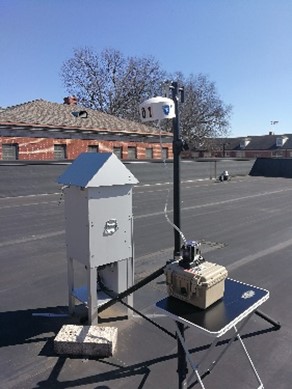
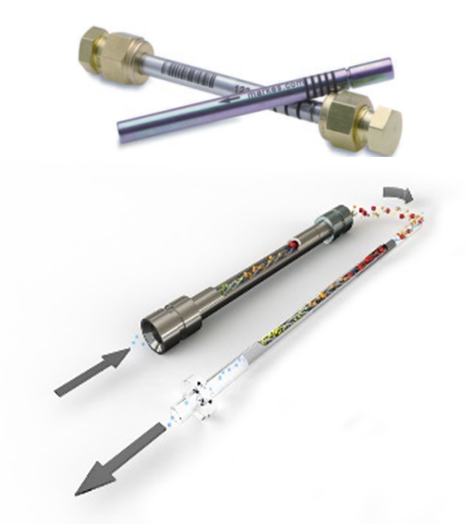
ECLC Study
Debra Bartelli, DrPH, and Chunrong Jia, PhD
• Funder: Urban Child Institute
This project aimed to evaluate early childhood exposure to environmental toxins in
Early Childhood Learning Centers (ECLCs), identify the key hazards, and implement
source remediation and removal strategies to promote healthy indoor environments.
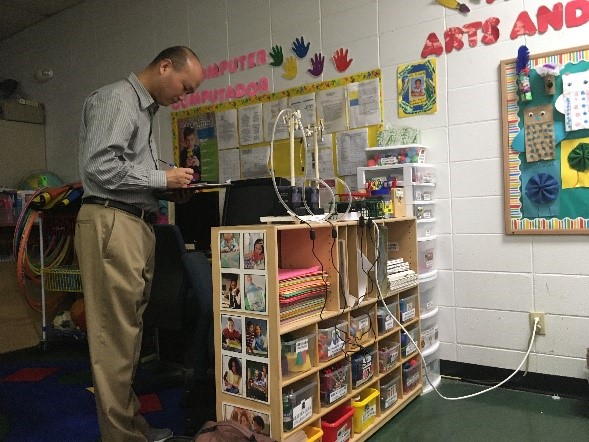
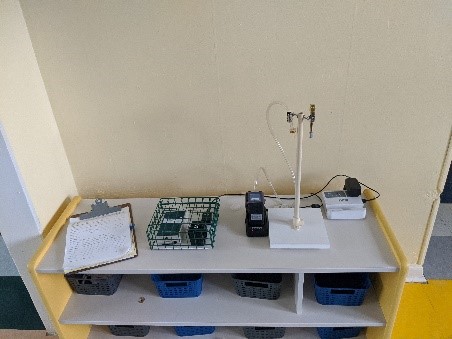
Memphis PAHs Study
• Funder: U.S. Environmental Protection Agency
This study aimed to characterize the concentrations and distributions of polycyclic
aromatic hydrocarbons (PAHs) in ambient air in the Memphis Tri-state Area, identify
major sources, characterize near-source PAH profiles, and assess non-carcinogenic
and carcinogenic risks. This study adopted the community-based participatory research
(CBPR) approach, in which community residents and organizations were engaged in all
phases of the study.
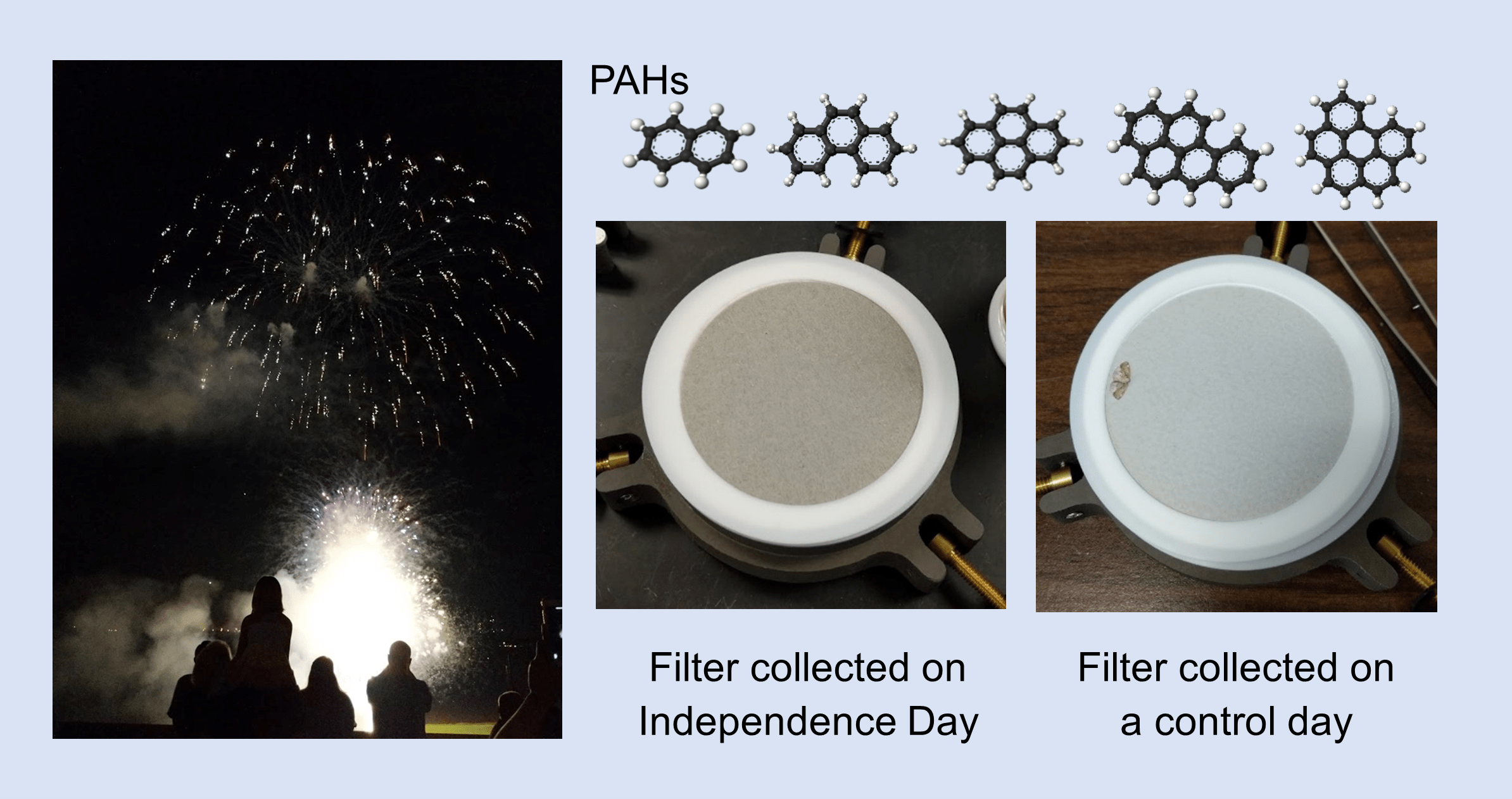
Drone for Air Monitoring
• Funder: Fedex Institute of Technology
This study aimed to develop a modular unmanned aerial vehicle (UAV) platform and demonstrate
its applications in air pollution profiling and emergency monitoring. There are two
specific aims: (1) Develop a modular unmanned aerial vehicle (UAV) platform capable
of real-time monitoring multiple air pollutants. (2) Demonstrate the applications
of this UAV platform in air pollution research, focusing on roadside air pollution
profiling and emergency monitoring for air pollution episodes.
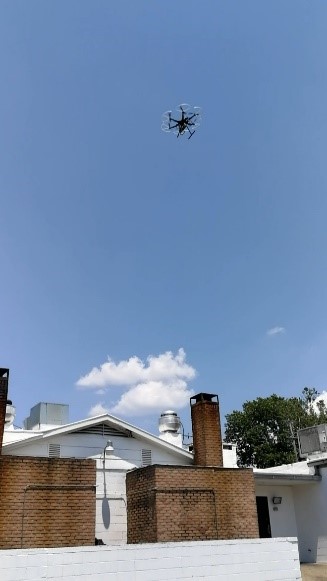

Environmental Health in Rural Haiti
One area of Dr. Bartelli's research focuses on aspects of environmental health in a rural community in Haiti's Central Plateau. Working with several MPH students, Dr. Bartelli has collected data on source and point of use water quality, barriers to use of effective sanitation practices, and the effectiveness of treating soil-transmitted helminths on children's growth and development. Click here for a link to a recent article written in collaboration with Dr. Pratik Banerjee, doctoral student, Nabanita Mukherjee, and MPH students, Cyril Patra and Bhavin Chauhan detailing some of this work.
